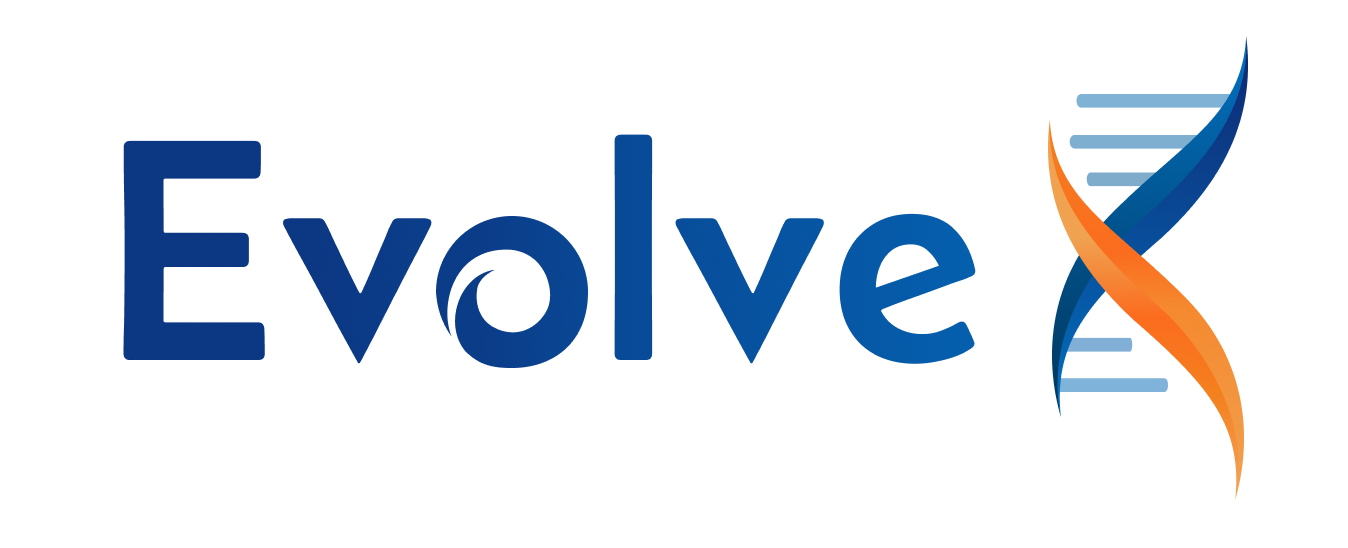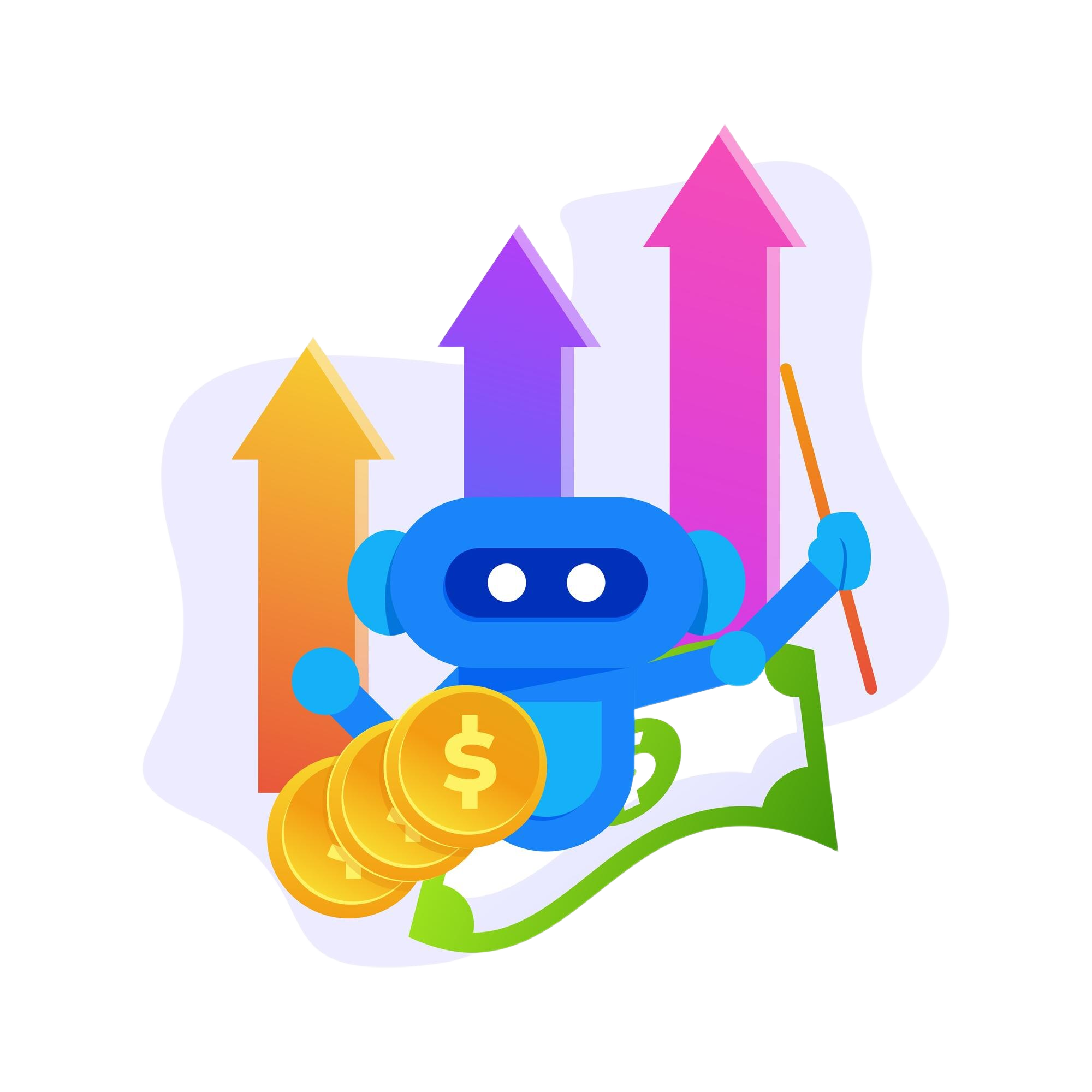Synopsis
RPA in digital marketing can handle tasks that typically require considerable human effort, such as collecting and organizing data, adjusting marketing campaigns, or sending personalized emails. Its key benefit lies in replicating human interactions with digital systems, but with greater speed and accuracy, eliminating the risk of human error.
Key Issue
Digital marketers today struggle to manage and understand the huge amount of data they deal with. A Forbes report states that 41% of marketers find preparing data for campaigns to be a major challenge. Quick and accurate data analysis is crucial for creating successful strategies, but doing it manually can cause delays and missed opportunities. It’s also time-consuming and more likely to lead to mistakes.
Proposed Solution
RPA in digital marketing automates tasks that typically require significant human effort, such as data collection, analysis, and action execution. It streamlines processes like ad campaign adjustments, SEO reporting, lead nurturing, and customer engagement. RPA enables real-time monitoring, bid optimization, and personalized marketing efforts, improving efficiency, accuracy, and decision-making. By automating repetitive tasks, marketing teams can focus on strategy, stay competitive, and deliver better results in a fast-paced digital landscape.

Benefits of Automation
Dynamic RPA solutions help make smarter decisions using data-driven insights and save time by automating repetitive tasks. Here are some additional benefits:
- Streamlines campaign creation and management.
- Improves lead generation and conversion rates.
- Allows marketers to focus on creative and strategic tasks.
- Boosts brand visibility and strengthens brand-building efforts.
- Provides better tracking and measurement of campaign performance.
Other Use Cases
Invoice Processing
Customer Onboarding
Email Automation
Ad Campaign Creation
Update CRM systems
Creating SEO reports
Order Processing
Leads generation
Data Entry






